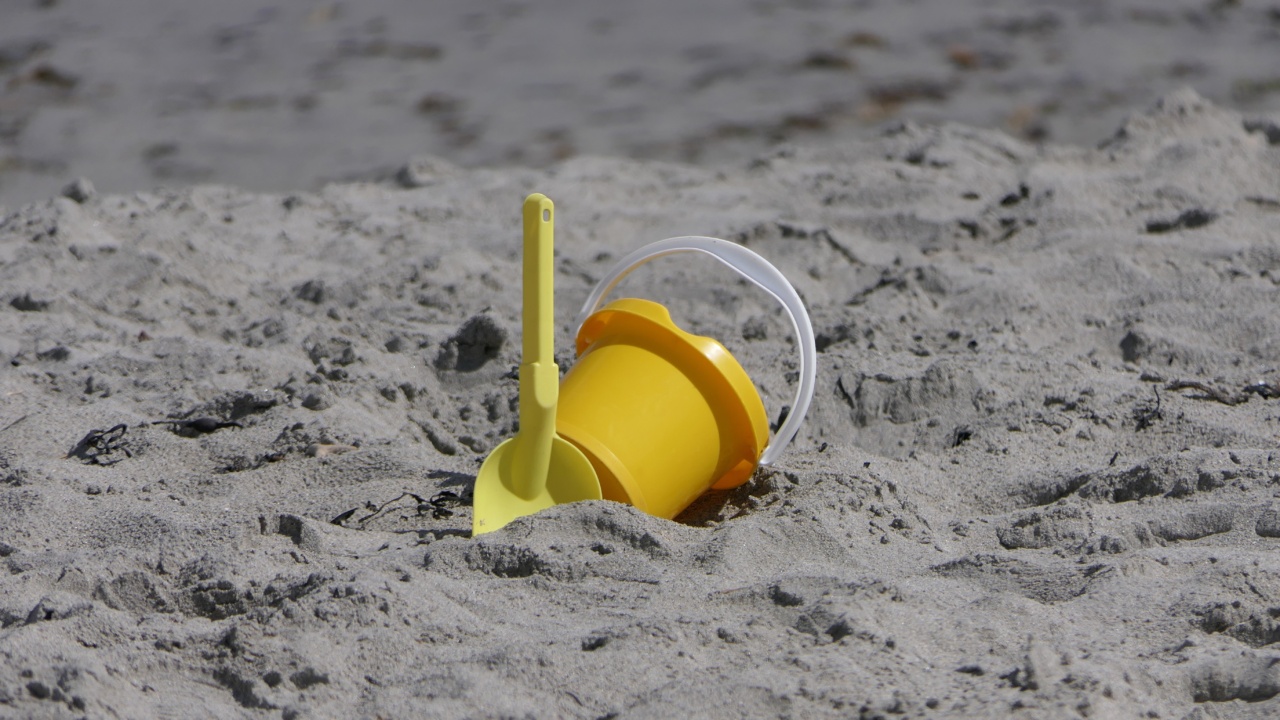Urinary tract infections (UTIs) are a common occurrence in pregnant women. The hormonal and physiological changes that occur during pregnancy make the urinary tract more susceptible to infections.
UTIs can cause discomfort and pain and can even lead to serious complications if left untreated. Therefore, it is essential to manage UTIs during pregnancy to ensure the well-being of both the mother and the unborn child.
What are Urinary Tract Infections?
Urinary tract infections occur when bacteria enter the urinary tract and start multiplying, causing an infection. UTIs usually affect the bladder and the urethra but can also spread to the kidneys if left untreated.
Pregnant women are more likely to develop UTIs due to the changes in the urinary tract and the increased amount of progesterone in their body.
Symptoms of UTIs during Pregnancy
The symptoms of UTIs during pregnancy are similar to those experienced by non-pregnant women. However, pregnant women may experience more serious symptoms that require immediate attention. The symptoms of UTIs during pregnancy can include:.
- Pain or burning sensation during urination
- Increased frequency of urination
- Cloudy, strong-smelling urine
- Lower back pain
- Fever or chills (if the infection spreads to the kidneys)
The Importance of Managing UTIs during Pregnancy
UTIs during pregnancy need to be managed carefully to ensure the health and well-being of both the mother and the unborn child. If left untreated, UTIs can lead to complications such as preterm labour, low birth weight, and sepsis.
Therefore, it is essential to diagnose and treat UTIs as soon as possible.
Preventing UTIs during Pregnancy
Prevention is better than cure when it comes to UTIs during pregnancy. Here are some steps you can take to prevent UTIs:.
- Drink plenty of water to flush out bacteria from your urinary tract
- Wipe from front to back after using the toilet to prevent bacteria from entering the urethra
- Urinate frequently to prevent the buildup of bacteria in your urinary tract
- Avoid tight-fitting clothing, which can trap moisture and promote bacterial growth
- Practice good hygiene by washing your genitals with water and mild soap
- Avoid using perfumed soaps, bath oils, or bubble baths, which can irritate the urethra and increase the risk of infection
Diagnosing UTIs during Pregnancy
Diagnosing UTIs during pregnancy might be challenging as some of the symptoms can be attributed to other pregnancy-related conditions.
However, if you experience any of the symptoms mentioned above, it is essential to contact your healthcare provider immediately. They will perform a urine analysis to confirm the presence of bacteria in your urinary tract.
Treating UTIs during Pregnancy
UTIs during pregnancy can be treated with antibiotics. However, antibiotics should only be prescribed by a healthcare provider who is experienced in treating pregnant women.
Some antibiotics can be harmful to the unborn child, so it is essential to discuss the risks and benefits of each antibiotic with your healthcare provider before taking them.
Home Remedies for UTIs during Pregnancy
In addition to antibiotics, you can also use some home remedies to manage UTIs during pregnancy. These include:.
- Drink plenty of water to flush out bacteria from your urinary tract
- Use a heating pad to alleviate pain and discomfort
- Take a warm bath to soothe your muscles and ease the pain
- Drink cranberry juice, which contains a compound that prevents bacteria from attaching to the bladder
- Take probiotics, which can help maintain balance in your vaginal and urinary microbiome, reducing your risk of infection
When to Seek Medical Attention
If you experience any of the symptoms of UTIs during pregnancy, it is essential to contact your healthcare provider immediately. If left untreated, UTIs can lead to serious complications that can affect both you and your unborn child.
Therefore, it is crucial to seek medical attention as soon as possible.
Conclusion
UTIs are common in pregnant women but can be managed with proper care and treatment.
If you experience any symptoms of UTIs during pregnancy, it is essential to seek medical attention immediately to ensure the well-being of both you and your unborn child. Prevention is better than cure, so be sure to follow the steps mentioned above to reduce your risk of developing UTIs during pregnancy.































